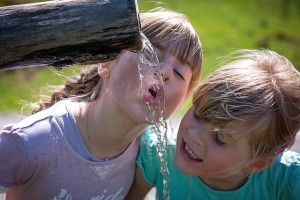 Snohomish County adopts rainwater collection for potable usage for single family residence.
Snohomish County adopts rainwater collection for potable usage for single family residence.
In September 2015, we published a post recommending that both Snohomish and Pierce Counties adopt rainwater collection for residential potable usage. The necessity for adoption was presented considering a 30% reduction in water availability was predicted in the next 35 years.
The Seattle Times reported about the Hirst Decision and its effects in rural development in many counties throughout Washington. These counties should follow the lead of counties before them by providing a sustainable, viable water rights decision on single family residences that allows for potable rainwater systems. It is the only fair decision to be made.
We congratulate Snohomish County for having a progressive approach to water conservation. Adding to our list of firsts, this week, we will install the first potable residential system in Wahkiakum County upon their acceptance of a RainBank Rainwater Systems design.
RainBank Rainwater Systems has been Designing and installing Rainwater collection for residential potable usage for over 16 years. We will continue to promote, advise, and educate rainwater collection as a viable, sustainable water source in all counties in Washington State.
We look forward to helping those in Snohomish County achieve water rights for potable usage using rainwater collection.

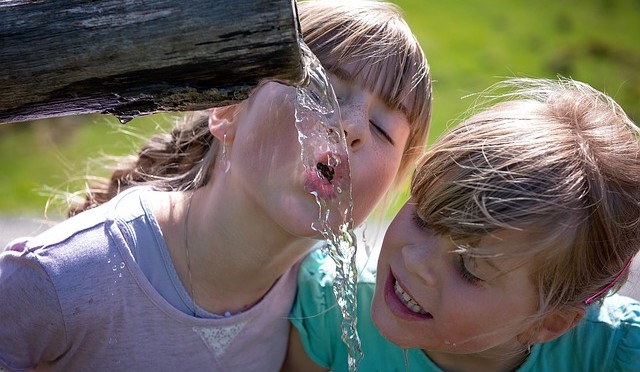
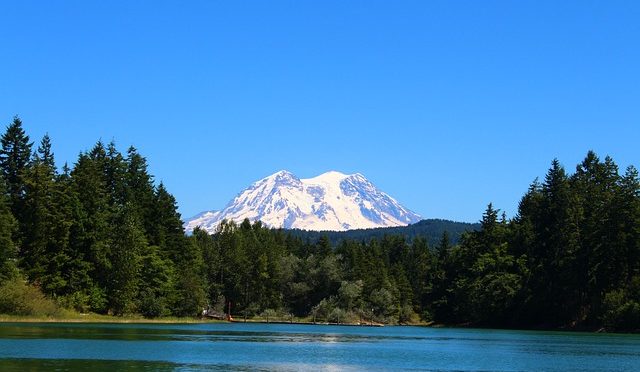
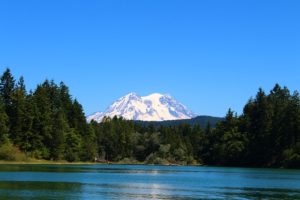 RainBank has always been proactive in the advancement of rainwater collection. We designed and built the first potable system in Seattle, as well as the first potable systems in Skagit, Jefferson, and Whatcom Counties.
RainBank has always been proactive in the advancement of rainwater collection. We designed and built the first potable system in Seattle, as well as the first potable systems in Skagit, Jefferson, and Whatcom Counties. 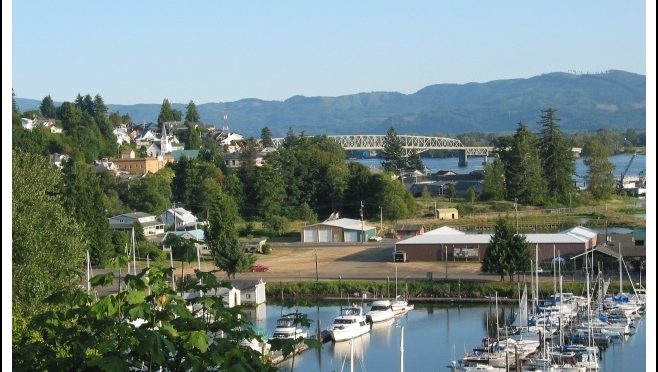
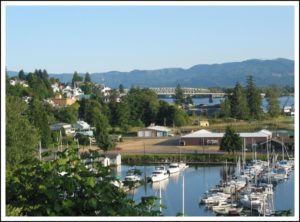 other county in Washington will adopt rainwater harvesting for potable use in single family homes.
other county in Washington will adopt rainwater harvesting for potable use in single family homes.